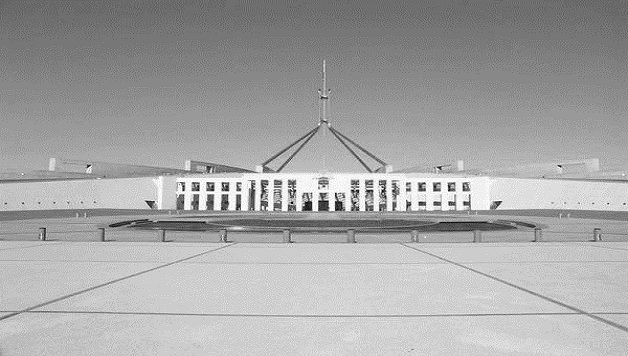On 2 April 2015, the Federal Court imposed a penalty of $520,000 against Actrol Parts Pty Ltd for making false or misleading representations about the reasons for increasing the price of its HFC refrigerants. The Court also found Actrol had engaged in misleading and deceptive conduct.
These proceedings are yet another example of the ACCC following through on its stated priorities. The ACCC made it clear it would investigate businesses that engaged in misleading and deceptive conduct concerning the effect of the carbon tax, as previously blogged about here, and here.
Whilst specifically addressing misleading carbon claims, the case also demonstrates more generally, the need for suppliers to ensure their communications with customers are true and correct.
Conduct at issue
On 1 July 2012 Actrol increased the prices of certain HFC refrigerants by between 122% and 289%. Actrol distributed a letter to its customers, by email and on its website, which stated the substantial price increases were “due to changes in input costs and general market conditions”.
The Court made its decision on the basis of a statement of agreed facts, in which Actrol admitted that the letter to its customers contained:
- an express representation that the price increases were due to changes in input costs and general market conditions; and
- an implied representation that the price increases were due to the introduction of an equivalent carbon price levy (ECPL) under the carbon tax scheme.
The carbon tax representation was implied from the letter and the surrounding circumstances, which included the fact that the price increases took effect from the same day the ECPL was introduced, the price increases were significant, and it was well-publicised and generally expected that HFC refrigerant gas prices would increase as a result of the ECPL from 1 July 2012.
In fact, the price increases were not solely due to changes in input costs and general market conditions, or the introduction of the ECPL. Actrol’s costs of supplying the relevant products had not increased to the extent of the price increases and were not expected to increase to that extent for another year.
Actrol had adopted a strategy of ensuring it had sufficient stock prior to the introduction of the ECPL on 1 July 2012 which meant it would not have to purchase any HFC’s for approximately 6 months. The price increases were therefore due to a combination of factors, including Actrol’s attempt to increase its profit margins, and insulate itself from the effect of the ECPL for at least 6 months, as well as changes in Actrol’s costs of supplying the relevant products.





